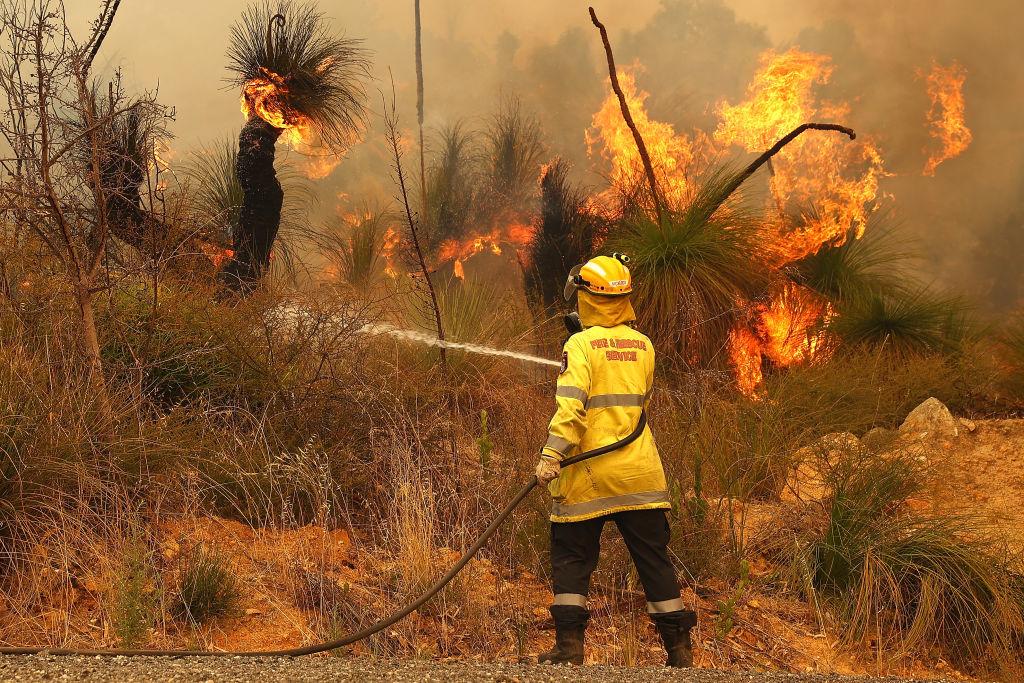There’s a lack of scientific data to support the view that the world is currently experiencing a climate crisis, according to a study published by four Italian scientists.
The study assessed time series and crisis indicators—such as natural disasters, heat waves, and crop yields—ultimately concluding that observations to date show “no clear positive trends of extreme events.”




